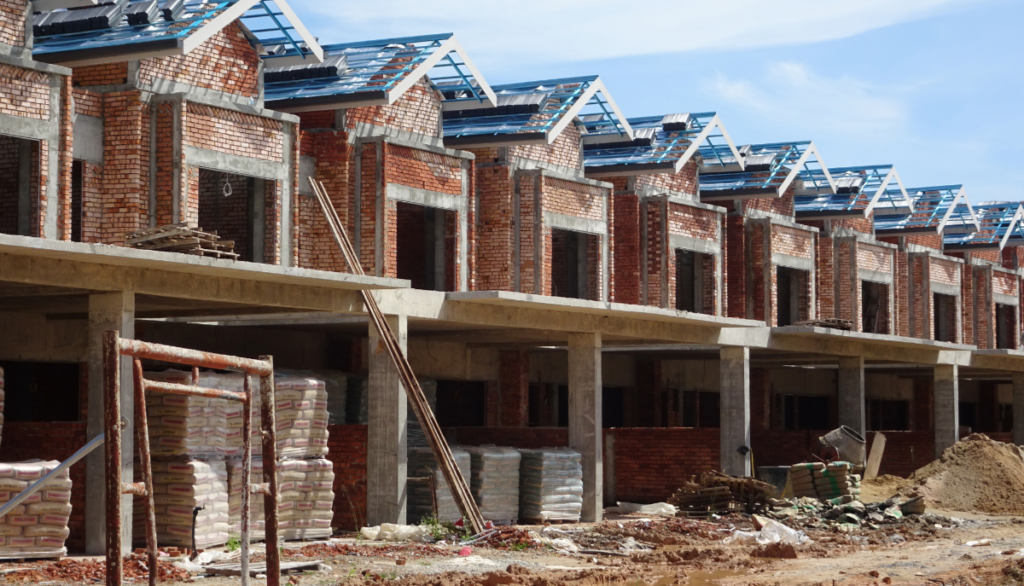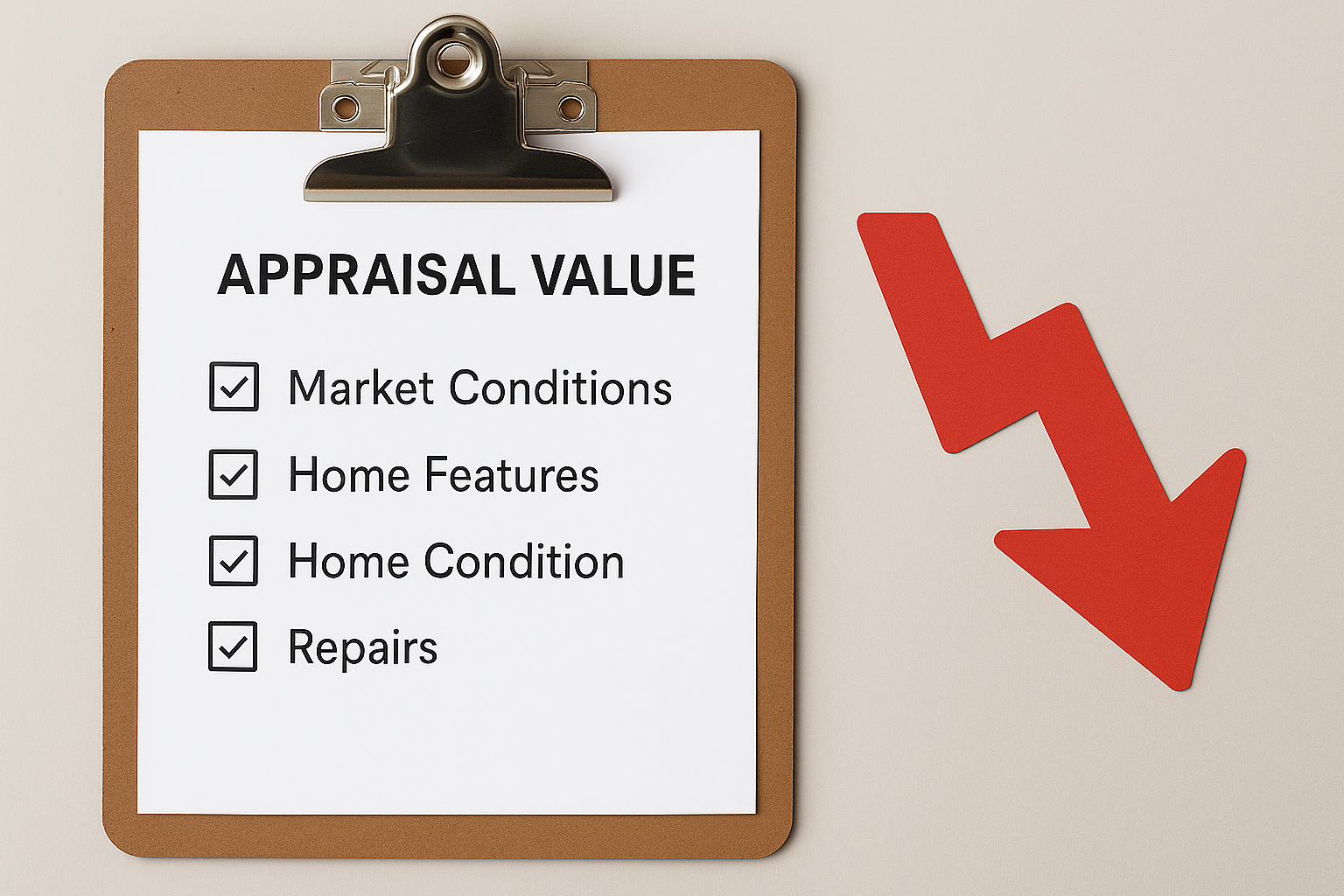Table of Contents
ToggleReal Estate Affordability in Canada: Understanding the Challenges
The Canadian real estate market has undergone rapid shifts in recent years. Rising property prices and growing demand have made it increasingly challenging for prospective homeowners and renters to find affordable options. This trend is especially pronounced in major cities like Toronto and Vancouver, where limited housing supply and high demand drive prices to record levels.
For many Canadians, the goal of homeownership now feels more out of reach than ever. Factors like inflation, income disparities, and fluctuating interest rates further complicate affordability, making it essential for buyers and renters alike to understand the broader dynamics at play. The impact of these financial pressures stretches beyond just the buying process, affecting mortgage terms, monthly budgets, and long-term financial stability.
This article provides key insights into the factors shaping real estate affordability in Canada. It also explores practical strategies to help Canadians navigate this evolving market, offering valuable guidance to those striving for stability in the current housing landscape.
Current State of Real Estate Affordability in Canada
Real estate affordability is a growing concern in Canada, where prices for single-family homes and condos continue to climb in major cities like Toronto, Vancouver, and Montreal. This trend has been driven by several factors, including population growth, limited housing supply, and increased investment activity.
- Home Prices: As of recent data, the average price for a single-family home in Toronto sits around $1 million, while in Vancouver, prices often exceed $1.2 million. These high prices have pushed many potential buyers out of the market.
- Homeownership Rates: While Canada’s overall homeownership rate remains high, recent trends show a decrease in first-time buyers entering the market, indicating that affordability issues are impacting younger Canadians the most.
Example: In cities like Halifax, where prices have historically been lower, rapid growth has still led to affordability challenges. A Halifax resident who might have been able to afford a home five years ago now finds that prices have risen to levels similar to larger urban centers, limiting their options.
Factors Affecting Real Estate Affordability
Multiple elements contribute to Canada’s housing affordability crisis, making it essential to understand the influences driving these trends.
Housing Demand vs. Supply
The imbalance between demand and housing supply is one of the most significant contributors to rising prices. With high immigration rates and increased urbanization, the demand for housing has surged, but new construction has not kept pace.
Interest Rates and Mortgages
Interest rates play a critical role in affordability. When interest rates are low, borrowing becomes more affordable, increasing buyer demand. Conversely, rate hikes can make monthly mortgage payments less manageable, impacting buying power.
Government Regulations
Policies like the mortgage stress test have been implemented to ensure borrowers can withstand interest rate increases, but this has also limited some Canadians’ access to mortgage financing.
Example: A first-time homebuyer in Ontario may find that they qualify for less financing than they expected due to the stress test, effectively reducing their purchasing options.
Regional Variations in Affordability
Real estate prices and affordability vary widely across Canada, with significant differences between regions.
- Vancouver and Toronto: These cities are known for high home prices and low affordability, often cited as the least affordable markets in the country.
- Prairie Provinces and Atlantic Canada: Affordability tends to be higher in areas like Alberta and Nova Scotia, where average home prices remain lower than the national average.
Example: A young couple in Alberta might find that homeownership is more attainable than their counterparts in Toronto, thanks to the province’s lower home prices and higher average income-to-housing cost ratios.

Strategies for Homebuyers Navigating High Prices
Despite affordability challenges, there are strategies prospective buyers can consider to improve their chances of entering the market.
Alternative Financing Options
Homebuyers can explore options like home equity lines of credit (HELOCs) and shared equity programs, which can make larger down payments more feasible.
First-Time Homebuyer Incentives
The Canadian government offers various incentives, such as the First-Time Home Buyer Incentive, to reduce financial barriers for new buyers. This program can provide shared equity support, allowing buyers to lower their monthly mortgage payments.
Adjusting Location Preferences
Considering alternative locations or suburban areas can increase affordability, as prices tend to be lower in smaller cities or areas just outside major urban centers.
Example: A buyer in Toronto might expand their search to the outskirts of the GTA, where homes are more affordable, and financing is more attainable.
Impact of Real Estate Affordability on Renters
Affordability issues in the housing market also impact renters, who often face rising rental prices and limited availability. As homeownership becomes more challenging, more Canadians turn to rental options, increasing demand in the rental market and driving up prices.
- Rental Costs: In major cities like Toronto and Vancouver, rental prices have increased significantly, with the average monthly rent for a one-bedroom apartment often exceeding $2,000.
- Vacancy Rates: High demand for rentals has led to low vacancy rates, leaving renters with fewer affordable options.
Example: A single professional in Vancouver might find that their income cannot keep up with the rising rental costs, forcing them to consider shared living arrangements or relocations to more affordable areas.
Long-Term Outlook for Canadian Real Estate Affordability
The outlook for real estate affordability in Canada is uncertain, with factors like population growth, government policies, and economic conditions all playing roles. Some experts suggest that without substantial changes in housing policy or increases in supply, affordability will remain a challenge for many Canadians.
- Economic Forecasts: Economic analysts project that Canada’s real estate market will continue to see demand pressures, particularly in urban areas.
- Policy Implications: Changes in immigration policy or housing incentives may influence future affordability, but substantial shifts in housing policy will likely be needed to address the core issues.
FAQ’s
Why is real estate so expensive in Canada?
Several factors, including demand outpacing supply, interest rates, and government policies, contribute to high real estate prices in Canada.
How does the mortgage stress test affect affordability?
The mortgage stress test ensures that borrowers can afford mortgage payments even with interest rate increases, but it also limits borrowing power for some buyers.
Are there government programs to help with home affordability?
Yes, programs like the First-Time Home Buyer Incentive and various provincial grants are available to assist new buyers.
What are the most affordable cities in Canada to buy a home?
Cities in Alberta and Atlantic Canada, like Halifax and Edmonton, tend to offer more affordable housing options compared to Toronto and Vancouver.
Will real estate prices go down in Canada?
While market conditions fluctuate, prices are likely to remain high in the most sought-after cities unless significant changes occur in supply or policy.
Summary To Navigate Real Estate Affordability in Canada
Navigating the Canadian real estate market requires a clear understanding of current trends, regional variations, and available financing options. With affordability challenges expected to persist, prospective buyers and renters alike must stay informed and consider all available resources to make informed decisions. Seeking professional advice and exploring government incentives can be beneficial in addressing the financial challenges of entering Canada’s real estate market.
- Leased Land Mortgages in Ontario: How to Qualify and What to Expect - June 30, 2025
- Hard Money Mortgage Lending in Canada: A Homeowner’s Guide - June 9, 2025
- What is Home Equity and How Does It Work? Learn More 2025 - June 6, 2025






